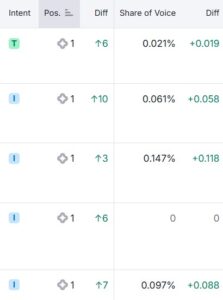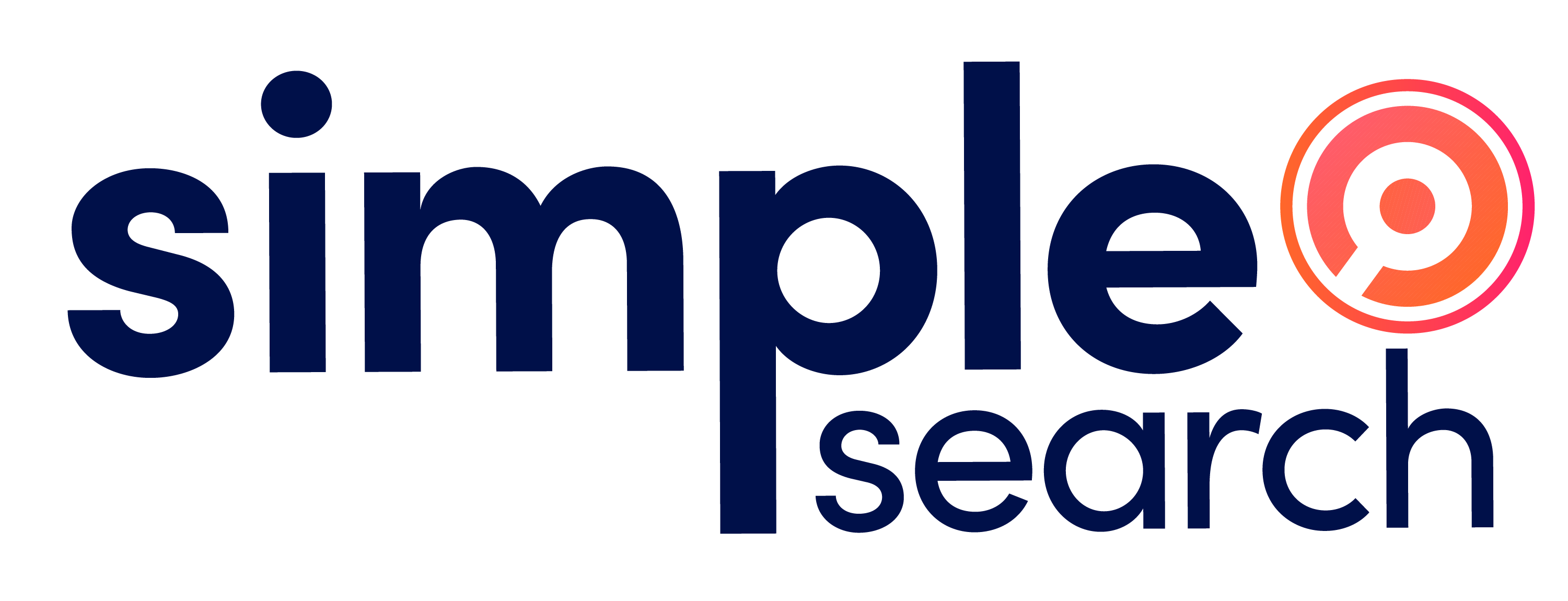We love Generative AI. It works great as evidenced by the hero image in this blog post. <joke> Let’s just say, we have a ways to go with what gen AI gives us, but Google’s not standing by the sidelines.
GEO stands for “generative engine optimization” which is essentially optimizing websites to boost visibility in AI-driven search engines like Google AI Overviews (and more). The new, shiny sister of SEO! For this article, we are focusing on Google’s AI Overview results in particular as SEOs and digital marketers are panicking (in many cases) about the continued erosion of Organic search traffic to websites as AI Overviews take up a large amount of space above the fold in search results.
There are many folx researching the impact of these AI Overviews and how they impact traffic to the websites they care for. From our beloved ahrefs blog:
- You’re more likely to be linked in an AI Overview if you rank high for the query — A study by Rich Sanger and Authoritas showed that 46.3% of the documents linked in the summaries were from the top organic search results for the exact match query. When related queries were added to the direct match queries, the percentage of links from both the direct match and related queries in the top search results increased to 60.4%. It also showed that a link ranked first has a 53% chance of being featured, while content ranked tenth has a 36.9% chance. This is in contrast to what we saw in January 2024, where Google often showed sources outside the top 10 search results.
SEMRush AI Overview SERP Features Rock!
SEMRush has added AI Overview into its SERP feature column so we can see where clients are showing up in AI Overview citations. It’s a bit of a moving target in the same way Google position tracking is. In the same way organic Google positions fluctuate all the time, so do AI Overviews (where they show and for what keywords). The honeycomb shape next to the Position shows that our client is appearing in AI Overview results for a given keyword.
One reason we love the SEMRush SERP feature report is that we can see at-a-glance what keywords might be winning/losing traffic due to being in the AI Overview.

SEMRush AI Overview
How Google’s AI Overview is Impacting Organic Search Traffic
In the following, I pose a not-so-scientific analysis of a couple of client keywords we monitor. Looking at whether they appear in AI Overview in SEMRush and then looking at the keyword traffic in GSC.
Example 1: For a high volume keyword, our client appears in the 3rd spot in the citation box and the first featured snippet. Even though AI Overviews are likely siphoning some of our organic traffic we have seen growth in organic clicks to this page from Google the last 28 days vs. prior. We see this happen in many cases where there are AI Overview results + client ownership of the top featured snippet. This is even though our average position declined.

Example 2: For another query we appear in the first spot in the citation box and the first organic result (no featured snippets). AI Overviews could be siphoning some of our organic traffic to this page as we have seen some decline in organic clicks to this page from Google the last 28 days vs. prior <but also a decline in impressions so it could be less demand>

So, what’s the answer? There is no cut and dry answer about how this is impacting and will impact organic traffic other than we will likely see informational queries resulting in pretty good answers right in the search results which may decrease organic traffic to sites’ mostly informational pages. The CTR into featured snippets, “regular” organic results (what even is that anymore?), etc. is heavily impacted by whether there are ads showing, whether people decide to continue searching for any given keyword, the SERPs themselves and I’ll just stop right there because this is a lot. SEO itself is a moving target and has to change because we change and our search interests change and Google needs to make money!
How to rank in Google’s AI Overview
The more things change, the more they stay the same. It’s a similar play to getting into the knowledge graph results. Informational and thought leadership-type content are prime for inclusion in AI Overview. As seen above, the good majority of the keywords this client is ranking for in AI Overview results are Informational (the I Intent tag). We see this across our portfolio of clients in SEMRush.
We stand by our tried and true recommendations to optimize for SEO which optimizes for GEO in most ways.
- Ensure your site is easy for Google to crawl & give Google as many clues as to what your content is about with Schema (shoutout to our partners at SchemaApp)
- Continue creating search-informed and optimized content. Again, a moving target. Optimizing for what people are actually searching for is a better north star than anything else we have seen. Use your Google Ads query data. Which queries are converting? Optimize organically for those suckers & pay to play where you must in Google Ads. This may be organic traffic’s saving grace as Google likely doesn’t want to muddy up high conversion intent SERPs.
- Be early to market with content about emerging topics. The best way to rank is to be the first in line with the best content that search engines understand.
- Measure, measure, measure! SEO is iterative. Make sure your analytics are telling the right story and understand what that story is.
Reach out if you have thoughts or questions!

